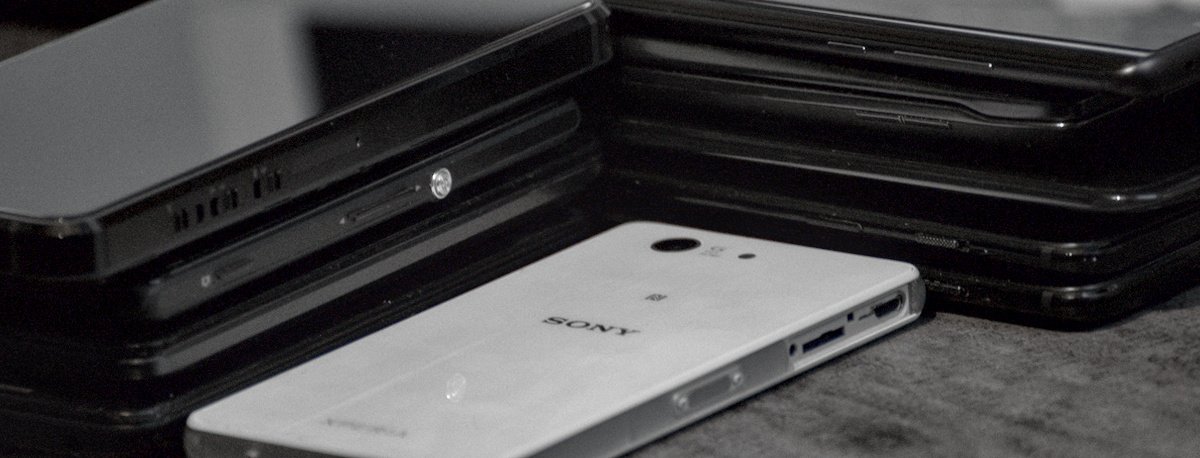There's an article making the rounds from NitroKey named "Smartphones With Popular Qualcomm Chip Secretly Share Private Information With US Chip-Maker".
This article is a marketing piece for selling their rebadged Pixel phones by picking a random phone and pointing at network traffic. It takes a look at a Sony Xperia XA2 and for some reason calls out Fairphone in particular.
The brand of the device should not really matter if this is a chipset issue as the article claims but it goes even further than just calling out other brands, it also additionally uses a custom rom to check these things instead of software supplied by those brands.
The second thing the article does is point out that WiFi geolocation exists and is done by Google and Apple by showing a screenshot from the Wiggle service that has nothing to do with that. Phones use Cell network, WiFi and network geolocation to get a rough location of a device, not for evil but for saving power. This prevents the need to run the GPS receiver 24/7 since most features don't need an exact location. There's no claims being made by NitroKey that their phone doesn't provide any of this.
After this we get to the main claim in the title of the article. The Qualcomm 630 chipset supposedly sharing private information with the manufacturer. The author of the article has found that the device connects to izatcloud.net and instead of doing the logical thing and opening izatcloud.net in a browser they do a whois request and then figure out it's from Qualcomm, They also proceed to contact Qualcomm lawyers instead of following the link on this page. The webpage hosted on this domain does conveniently explain who owns the domain and what it's purpose is and it's associated privacy policy. But that doesn't sound nearly as spooky.
The next section makes the claim that this traffic is HTTP traffic and is not encrypted. It proceeds to not show the contents of this HTTP request because it would show that it's not at all interesting. It does not contain any private data. It's just downloading an GPS almanac from Qualcomm for A-GPS.
The A-GPS data is only there to make getting a GPS fix quicker and more reliable. GPS signals are pretty weak and getting a lock indoors from a cold start (the device has been off for some time) is hard. Inside the GPS signal sent by the satellites there's occasional almanac data that compensates for things like atmospheric distortions, without the almanac your GPS position wouldn't even get within a few hundred meters of your actual position. Since this signal is only occasionally broadcast and you need to listen to a GPS sattelite for an extended amount of time (the broadcast takes around 10 minutes) it's easier for these modern devices to just fetch this information from the internet. Qualcomm provides this as a static file for their modems.
This feature isn't even only in the Qualcomm 630 chipset, it's in practically all Qualcomm devices. Some third party Android roms go as far as to obscure the IP address of your phone by proxying this http request with another server. The rom they have tested obviously didn't.
This feature is not even limited to Qualcomm devices, this practice happens in practically all devices that have both GPS and internet because people don't like waiting very long for their position when launching their navigation software. The NitroPhone has their GPS provided by Broadcom chips instead of Qualcomm ones so obviously it won't make the same HTTP requests, doesn't make it any more or less secure though.
Now the main issue, is this personal data? The thing that gets leaked is your IP address which is required because that's how you connect to things on the internet. This system does not actually send any of your private information like the title of the article claims.
I'm disappointed
The reason for articles like this is pretty obvious. They want to sell more of their phones for a massive profit margin. The sad thing about making these "Oh no all your data is leaking!!!" articles is that when there's actual leaks it won't stand out between all the marketing bullshit. The painful part is that it's actually working. See the outrage about companies not having ethics and not following laws.
This feature is not breaking laws, it's not unethical, it's not even made for eeeevill.

